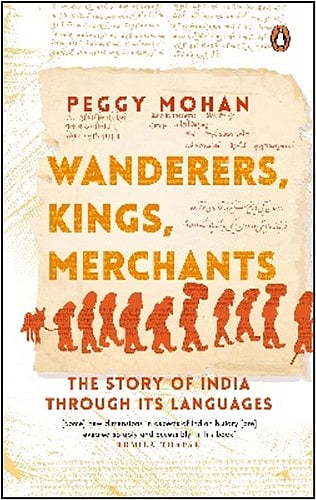Language is more than just a tool for communication—it is the soul of a culture, a bridge between generations, and a powerful force that shapes identity, history, and human connection. Every language carries stories, emotions, and wisdom passed down through centuries. Preserving linguistic diversity is not just about saving words; it is about safeguarding the voices, traditions, and histories that define who we are.
Books play a crucial role in this mission. Through storytelling, translation, and linguistic exploration, literature captures the beauty of different languages, fosters cross-cultural understanding, and highlights the significance of language in shaping our identities. Whether through multilingual narratives or reflections on the power of translation, books remind us that words hold the power to unite, transform, and resist erasure.
With over 16,000 books of different genres available in the British Council’s Digital Library, readers have access to a treasure trove of thought-provoking books that celebrate languages in all their richness. On International Mother Language Day, the British Council highlighted five must-read books that deepen appreciation for the world’s languages.
1. Wanderers, Kings, Merchants—By Peggy Mohan

Blending history, linguistics, and storytelling, ‘Wanderers, Kings, Merchants’ by Peggy Mohan explores the evolution of India’s linguistic landscape, tracing influences from migration, trade, and conquest. Offering a fascinating insight into the country’s multicultural and multilingual heritage, the book reveals how languages like Sanskrit, Persian, and Creole shaped Indian identity.
2. Pluricentric Languages and Language Education—Edited by Marcus Callies and Stefanie Hehne

Covering theoretical and practical perspectives, ‘Pluricentric Languages and Language Education’ examines linguistic diversity, policy implications, and pedagogical strategies. It explores how languages with multiple standard forms influence teaching and learning while offering valuable insights for educators, researchers, and policymakers in multilingual and multicultural contexts.
3. Kairos—By Jenny Erpenbeck, translated by Michael Hofmann

This poignant novel explores an intense, destructive love affair set against the backdrop of East Germany’s collapse. Blending personal and political upheaval, this International Booker Prize 2024 winner examines memory, power, and fate, offering a profound meditation on history and human relationships.
4. Tomb of Sand—By Geetanjali Shree, translated by Daisy Rockwell

Winner of the International Booker Prize 2022, ‘Tomb of Sand’ follows the journey of an eighty-year-old woman in northern India who, after the death of her husband, embarks on an unconventional path. Defying societal expectations, she befriends a transgender person and insists on travelling to Pakistan, confronting the unresolved trauma of Partition. Geetanjali Shree’s playful tone and exuberant wordplay make this novel a powerful testament to the fluidity of language, identity, and borders.
5. The Alchemist—By Paulo Coelho

A modern classic that transcends linguistic and cultural barriers, ‘The Alchemist’ is a tale of self-discovery and personal legend. Following the journey of Santiago, a young shepherd who dreams of finding treasure in the Egyptian pyramids, the novel explores universal themes of destiny, perseverance, and the power of language in shaping one’s fate. Through poetic prose and timeless wisdom, Paulo Coelho’s masterpiece reminds readers of the transformative power of words and the unifying force of storytelling across cultures.
Each of these books unravels the profound connection between language, culture, and identity, making them essential reads for anyone interested in linguistic diversity.
